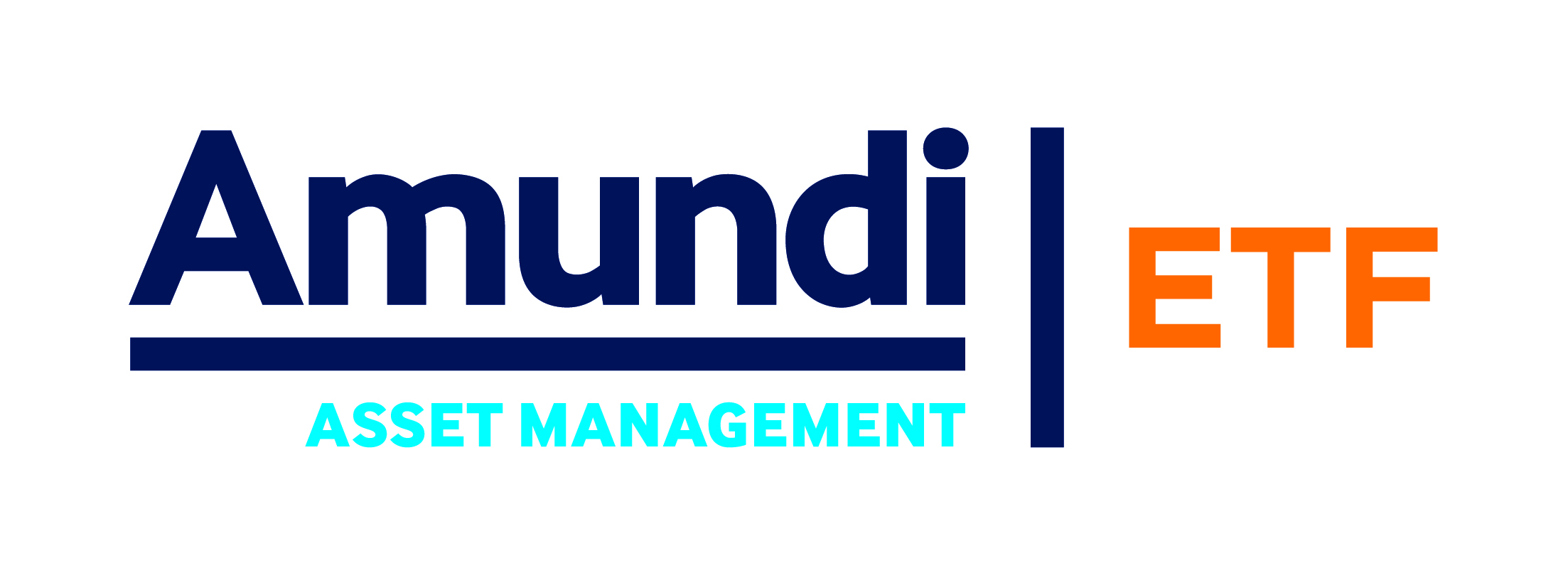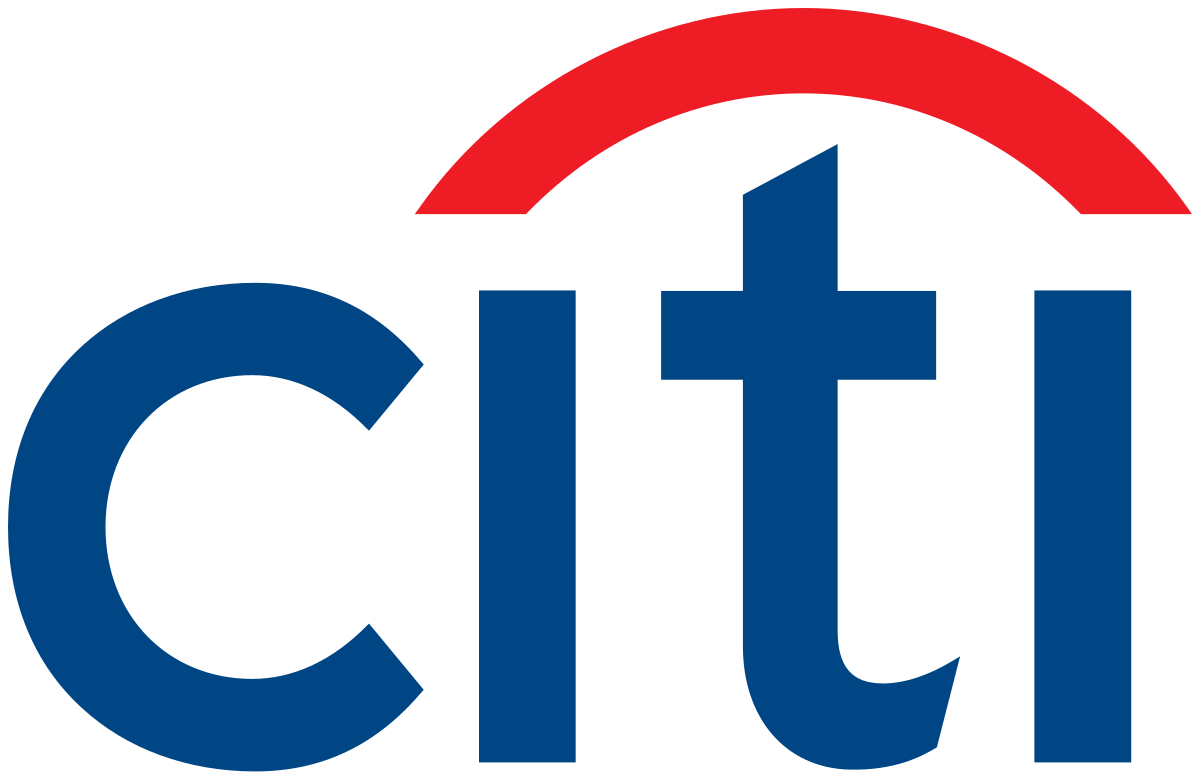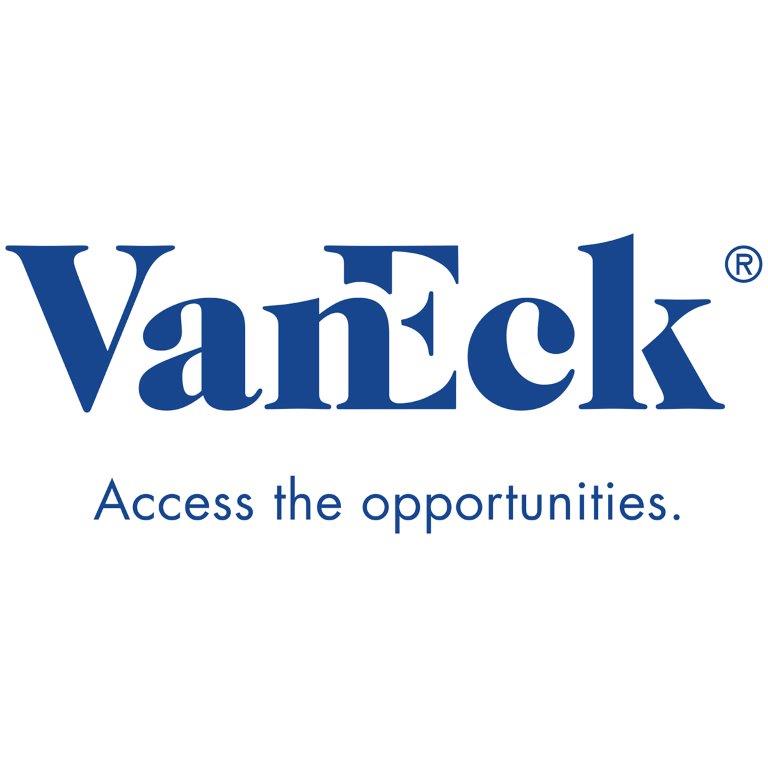VanEck is asking investors in its Russia ETF to put pressure on three banks to waive the fees on the depository receipts of Russian companies which are “significantly eroding” its assets.
In a letter to shareholders published last week, VanEck said the depository trust banks – Citi, JP Morgan and Bank of New York – are still charging fees on the $37m VanEck Russia ETF (RSX) despite the instrument becoming illiquid.
“If you are a current shareholder of RSX, please contact the investor relations personnel at JP Morgan, Bank of New York and Citibank if you agree,” the letter said.
Since the onset of the war in Ukraine, some Russian stocks were sanctioned while some exchanges halted trading on non-sanctioned stocks and depository receipts.
At the time of the Russian invasion, depository receipts made up a majority of RSX. These are instruments that represent a stock with a primary listing in a country where local trading is difficult for international investors.
VanEck said depository receipts are generally considered to provide “superior liquidity” over their locally listed counterparts, however, investors are currently not “getting the liquidity that they bought depository receipts for in the first place”.
It said RSX has lost 95% of its value since the product stopped trading in March. The ETF is still operational with the net asset value (NAV) still being calculated every day.
“The majority of these securities are valued at, or close to, zero. Most fund expenses have fallen in proportion to the decline in the fund’s net asset value,” the letter said.
“However, one source of expenses has not fallen, and now represents a shockingly high percentage of fees paid by shareholders. The banks that charge depository receipt fees have not, despite being asked, reduced their fees.”
VanEck has waived their fees 50 basis point fees on RSX, the letter noted. It estimated current annual fees on the ETF to be $450,000 or 1.2% of its assets.
Meanwhile, the conversion fees, where the receipt is converted into the underlying stock, could cost as much as $7.2m, VanEck said.
“If current conditions persist, given the amounts of fees relative to the fund’s size, RSX may lose any opportunity to potentially recover its losses should market conditions change. Stated another way, the banks win and shareholders lose,” it wrote.
In Europe, two Amundi global depository receipt (GDR) ETFs, the Lyxor PEA Russia (MSCI Russia IMIM Select GDR) UCITS ETF (PRUS) and the Lyxor MSCI Russia UCITS ETF (RUS), continue to remain operational despite being fully exposed to GDRs.
Amundi did not respond to a request for comment regarding the impact bank fees are having on the product, but previously told ETF Stream it was “examining all options” on the future of the ETFs.
It comes after the Invesco RDX UCITS ETF (RDXS) and the iShares MSCI Russia ADR/GDR UCITS ETF (CSRU) were terminated last month.
Invesco said it would be impracticable to continue operating RDXS after the index committee decided to discontinue the benchmark amid “high insecurity”, uncertainty over GDR trading and the index universe of RDX starting to “basically disappear”.
Related articles








